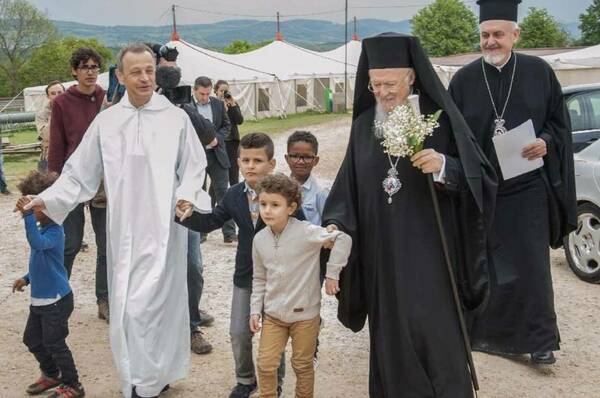Spiritual Ecumenism

Spiritual ecumenism proposes a path of metanoia, of inner transformation, based on the idea that if we draw closer to Christ, we draw closer to one another.
Unitatis Redintegratio, §8. This change of heart and holiness of life, along with public and private prayer for the unity of Christians, should be regarded as the soul of the whole ecumenical movement, and merits the name, “spiritual ecumenism.”It is a recognized custom for Catholics to have frequent recourse to that prayer for the unity of the Church which the Saviour Himself on the eve of His death so fervently appealed to His Father: “That they may all be one”.
Ut Unum Sint, §82. In this attitude of conversion to the will of the Father and, at the same time, of repentance and absolute trust in the reconciling power of the truth which is Christ, we will find the strength needed to bring to a successful conclusion the long and arduous pilgrimage of ecumenism. The "dialogue of conversion" with the Father on the part of each Community, with the full acceptance of all that it demands, is the basis of fraternal relations which will be something more than a mere cordial understanding or external sociability. The bonds of fraternal koinonia must be forged before God and in Christ Jesus. Only the act of placing ourselves before God can offer a solid basis for that conversion of individual Christians and for that constant reform of the Church, insofar as she is also a human and earthly institution, which represent the preconditions for all ecumenical commitment. One of the first steps in ecumenical dialogue is the effort to draw the Christian Communities into this completely interior spiritual space in which Christ, by the power of the Spirit, leads them all, without exception, to examine themselves before the Father and to ask themselves whether they have been faithful to his plan for the Church.